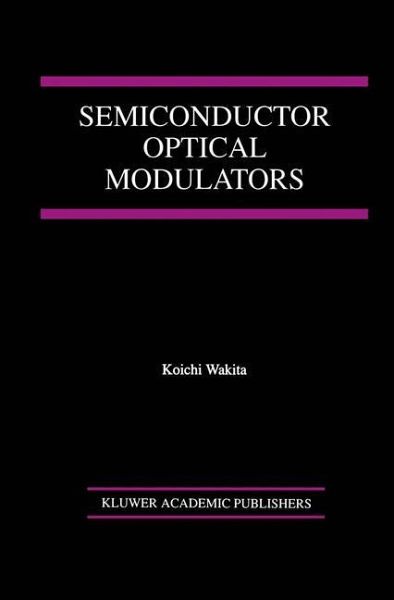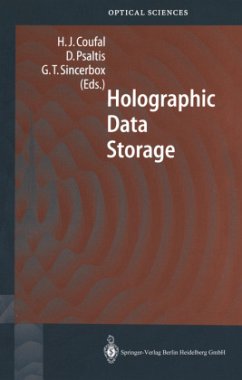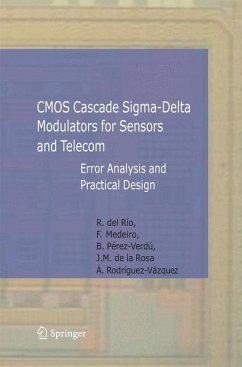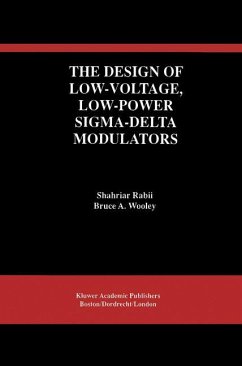
Semiconductor Optical Modulators
Versandkostenfrei!
Versandfertig in 6-10 Tagen
113,99 €
inkl. MwSt.
Weitere Ausgaben:

PAYBACK Punkte
57 °P sammeln!
The introduction of GaAs/ AIGaAs double heterostructure lasers has opened the door to a new age in the application of compound semiconductor materials to microwave and optical technologies. A variety and combination of semiconductor materials have been investigated and applied to present commercial uses with these devices operating at wide frequencies and wavelengths. Semiconductor modulators are typical examples of this technical evolutions and hsve been developed for commercial use. Although these have a long history to date, we are not aware of any book that details this evolution. Conseque...
The introduction of GaAs/ AIGaAs double heterostructure lasers has opened the door to a new age in the application of compound semiconductor materials to microwave and optical technologies. A variety and combination of semiconductor materials have been investigated and applied to present commercial uses with these devices operating at wide frequencies and wavelengths. Semiconductor modulators are typical examples of this technical evolutions and hsve been developed for commercial use. Although these have a long history to date, we are not aware of any book that details this evolution. Consequently, we have written a book to provide a comprehensive account of semiconductor modulators with emphasis on historical details and experimantal reports. The objective is to provide an up-to-date understanding of semiconductor modulators. Particular attention has been paid to multiple quantum well (MQW) modulators operating at long wavelengths, taking into account the low losses and dispersion in silica fibers occuring at around 1.3 and 1.55 mm. At the present time, MQW structures have been investigated but these have not been sufficiently developed to provide characteristic features which would be instructive enough for readers. One problem is the almost daily publication of papers on semiconductor modulators. Not only do these papers provide additional data, but they often modify the interpretations of particular concepts. Almost all chapters refer to the large number of published papers that can be consulted for future study.














